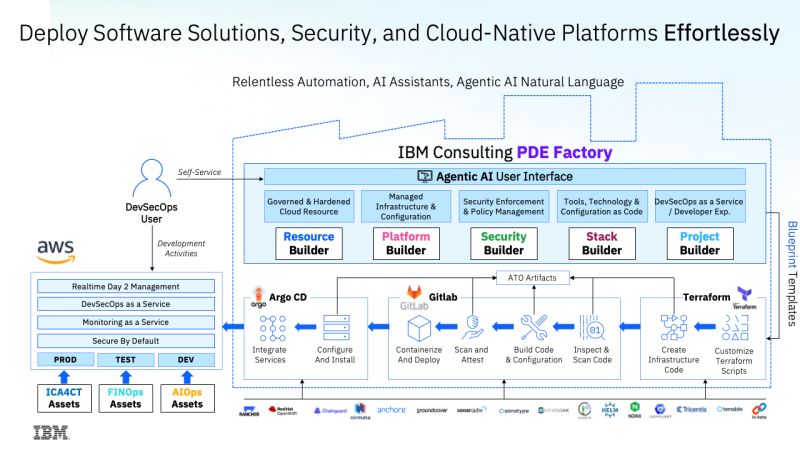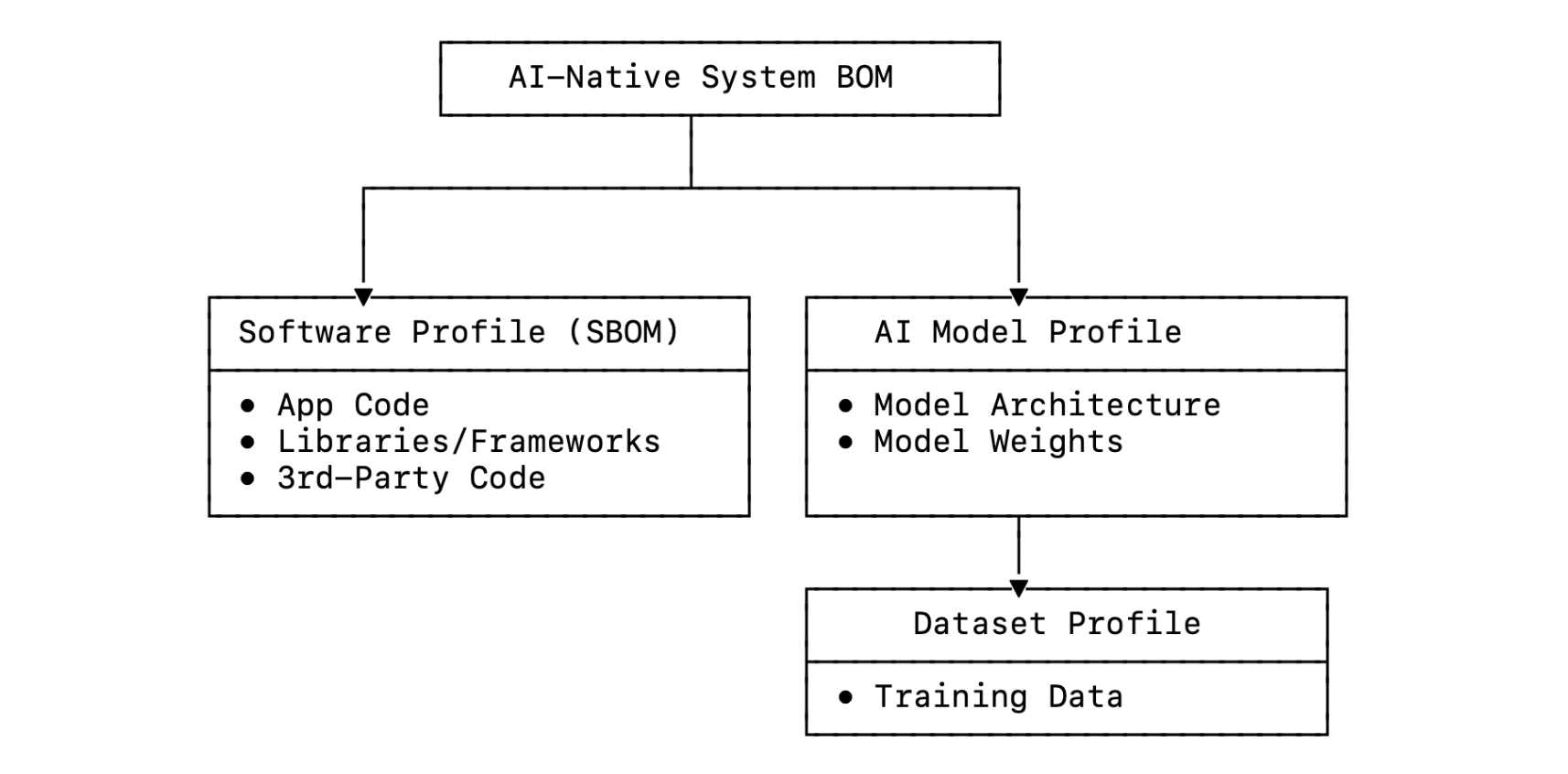The clock is ticking again for software producers selling to federal agencies. In the second half of 2024, CEOs or their designees must begin providing an SSDF attestation that their organization adheres to secure software development practices documented in NIST SSDF 800-218.
Download our latest ebook to navigate through SSDF attestation quickly and adhere to timelines.
SSDF attestation covers four main areas from NIST SSDF including:
- Securing development environments,
- Using automated tools to maintain trusted source code supply chains,
- Maintaining provenance (e.g., via SBOMs) for internal code and third-party components, and
- Using automated tools to check for security vulnerabilities.
This new requirement is not to be taken lightly. It applies to all software producers, regardless of whether they provide a software end product as SaaS or on-prem, to any federal agency. The SSDF attestation deadline is June 11, 2024, for critical software and September 11, 2024, for all software. However, on-prem software developed before September 14, 2022, will only require SSDF attestation when a new major version is released. The bottom line is that most organizations will need to comply by 2024.
Companies will make their SSDF attestation through an online Common Form that covers the minimum secure software development requirements that software producers must meet. Individual agencies can add agency-specific instructions outside of the Common Form.
Organizations that want to ensure they meet all relevant requirements can submit a third-party assessment instead of a CEO attestation. You must use a Third-Party Assessment Organization (3PAO) that is FedRAMP-certified or approved by an agency official. This option is a no-brainer for cloud software producers who use a 3PAO for FedRAMP.
Details over details – so we put together a practical guide to the SSDF attestation requirements and how to meet them “SSDF Attestation 101: A Practical Guide for Software Producers”. We also included how Anchore Enterprise automates the SSDF attestation compliance by directly integrating into your software development pipeline and utilizing continuous policy scanning to detect issues before they hit production.



